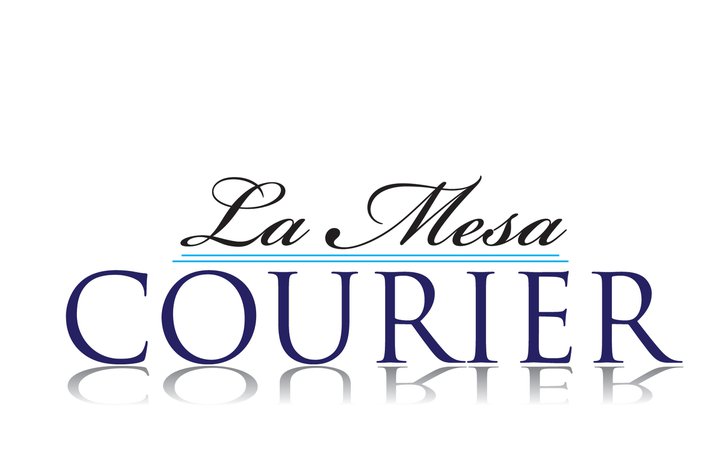By Madeline Hill, Esq.
(Mission Times Courier, San Diego, CA) - As the holiday season approaches, people’s minds inevitably become consumed with finding the perfect gift for those closest and most important to them. Sometimes the best gift of all isn’t tangible – it is peace of mind. While planning for your demise may not seem suited to holiday cheer, the season is an appropriate time to think of family and giving to others.
People work their entire lives to ensure their families have a good life or to provide the best of everything for their children, but if they haven’t made any plans for what will happen upon their deaths, they have omitted making an important gift to their families.
Probate is a legal proceeding used to wind up a person’s legal and financial affairs after death. Formal probate proceedings are required for estates valued at more than $100,000, or more than $30,000 if real property is part of the estate. Many people mistakenly believe a will automatically allows them to avoid probate. In California, however, even with a will, an estate is subject to probate if the property described in the will exceeds the values listed above.
Because of the cost and time required, probate is usually undesirable. Depending on the complexity of the issues at hand, probate can take as few as eight months or as many as 18 months to be completed, during which time the beneficiaries cannot receive full distribution of the estate.
California has also established statutory attorneys’ fees for probate based on the value of the estate assets. For example, if an estate contains real property worth $200,000 and an additional $50,000 in other assets, the attorneys’ fees are $8,000.
Many people wish to avoid probate for privacy reasons because during probate proceedings all of the assets and their distribution become a public court record. Further, in probate a judge decides who will receive the decedent’s assets.
The most common way to avoid probate in California is to create a revocable living trust. Considering that attorneys’ fees to prepare a comprehensive estate plan are a fraction of the cost of probate, and that a trust allows for a much faster distribution of an estate without court intervention or public record, living trusts are a popular solution to probate.
A properly prepared, executed and funded revocable trust can also ensure your assets go to your named beneficiaries, not whoever a judge decides should receive them. Probate can also sometimes be avoided, or the probate estate can be made smaller, by titling assets in specific ways that allow for non-probate transfers to occur, such as holding real property in joint tenancy with right of survivorship or making bank accounts payable-on-death.
Estate planning can also help ease the tax burden if you have a sizeable estate. As an experienced wills and trusts attorney, I’ve heard clients say they feel as though a weight has been lifted once they have an estate plan in place, even if it means addressing emotional or difficult end-of-life issues.
Estate planning, such as a revocable living trust, is a gift to your family that will save them money and stress during an already challenging time.
Since families gather for the holidays, it is a good time to have a frank conversation with your loved ones about your wishes, your estate plan (if you have one), the location of important documents and keys to safe deposit boxes, and any desires regarding care should you become disabled or incapacitated.
If you have any questions about wills, trusts, or probate, please visit for more information or call to speak with an attorney at Suzuki Wuori, LLP.
Madeline Hill is of counsel with Suzuki Wuori, LLP. She practices estate planning (wills and trusts), entity formation, business law and contracts, and the drafting of Qualified Domestic Relations Orders (QDROs).













